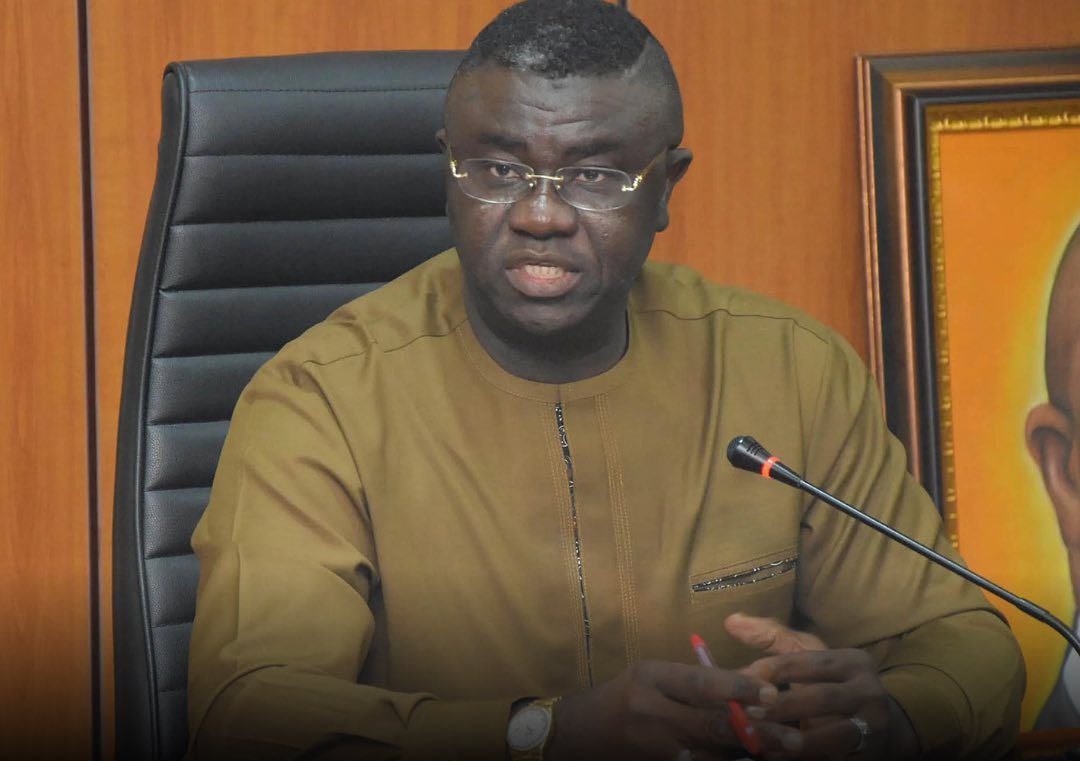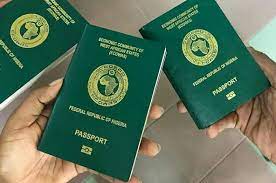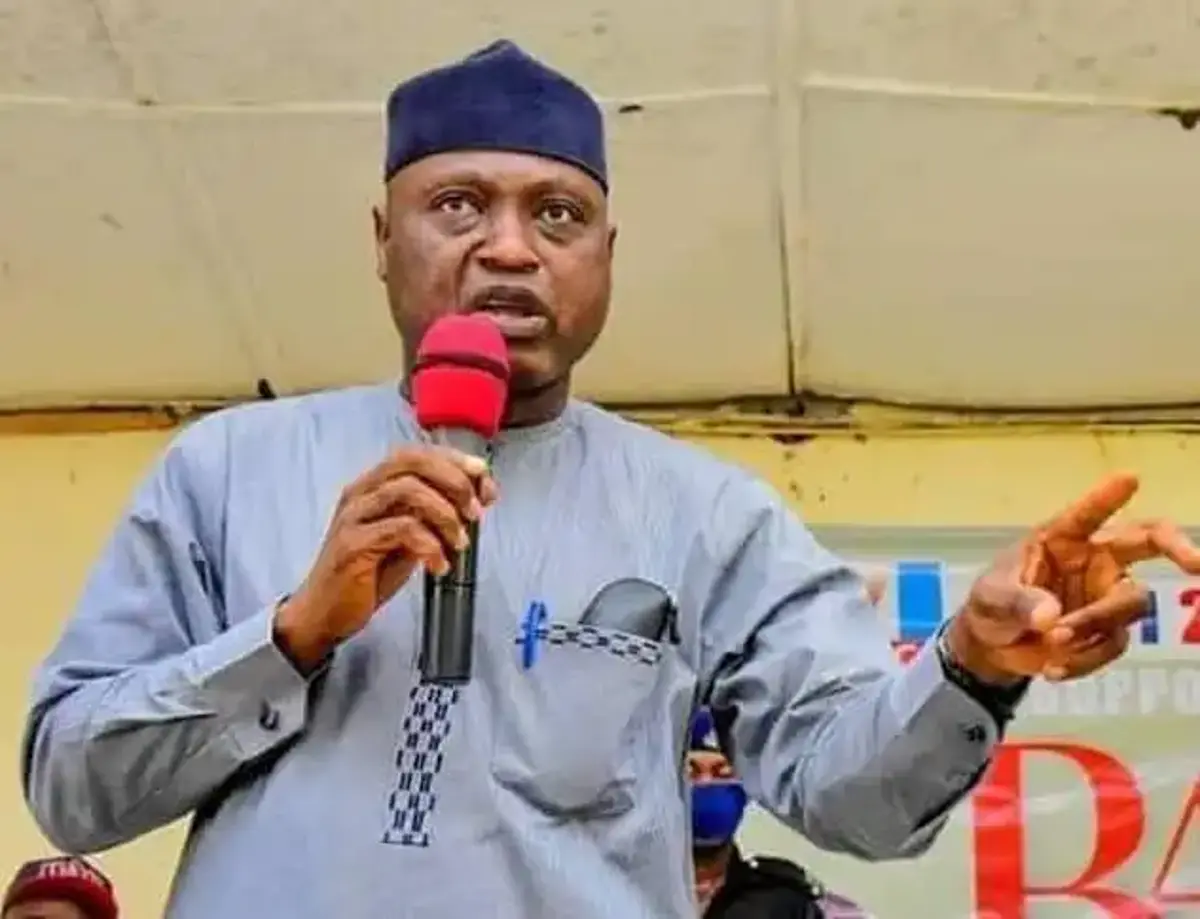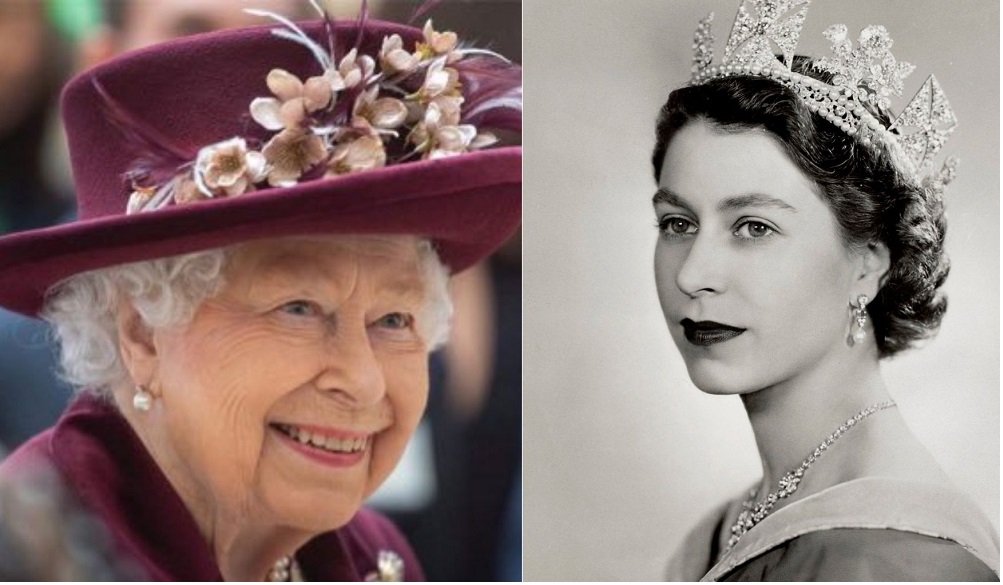
The Nigerian federal government has recently announced that it requires over $1.88 billion (N869 billion) to conduct the 2023 population and housing census. The Minister of State for Budget and National Planning, Clement Agba, shared this information at a high-level partner engagement event in Abuja on Monday. According to Agba, the government has provided 46% of the budget, but an outstanding amount of N327.2 billion is still required to carry out the census effectively.
The upcoming census is expected to be a digital, green, and transformative exercise. However, the major challenge that the government faces is funding, which has hindered previous efforts to conduct a census. Agba emphasized that public support is crucial for the success of this exercise, and called on Nigerians to contribute both “in cash and kind” to purchase tablets for enumerators, internet and data connectivity, and conduct training.
The last national census was conducted in Nigeria in 2006, which means that it has been almost two decades since the government conducted this exercise. This delay has made it urgent and imperative for the government to plan for development, provide accurate data for different sectors, and make informed investment decisions. The conduct of a census is vital to obtain accurate data that will be used to support policy formulation and implementation.
The Finance Minister, Zainab Ahmed, also spoke at the event and stated that the conduct of the census has become imperative after almost two decades since the last one was held in 2006. Ahmed added that the census would help the nation in its planning for development and provide accurate data for different sectors, as well as for investment.
The United Nations Population Fund (UNFPA) will collaborate with the government to conduct a national census that reflects Nigeria’s population. The UNFPA’s Resident Representative, Ulla Mueller, noted that population growth is not a challenge because it can provide opportunities. Mueller highlighted that Nigeria is expected to have a population of 450 million by 2050, and the country can choose “to be 450 million strong and understand the possibilities and opportunities a well-educated and well-mannered population offers to this country. Or we can choose to be 450 million blind and make decisions based in the dark”.
The United Nations Resident and Humanitarian Coordinator, Matthias Schmale, also spoke at the event and made note that the availability of population size growth is essential for producing official statistics for measuring indicators, which are essential for the achievement of the Sustainable Development Goals (SDGs). Schmale called on public and private sector stakeholders to support the exercise, adding that the support for the collection of data must become a social corporate responsibility because it will help with evidence-based policies.
In conclusion, the upcoming Nigerian population and housing census is expected to be a transformative exercise that will help the government plan for development, provide accurate data for different sectors, and make informed investment decisions. However, the major challenge remains funding, which is why public support is crucial for its success. The government has called on Nigerians to contribute both “in cash and kind” to support the exercise, and the UNFPA and other international organizations have pledged their support.












